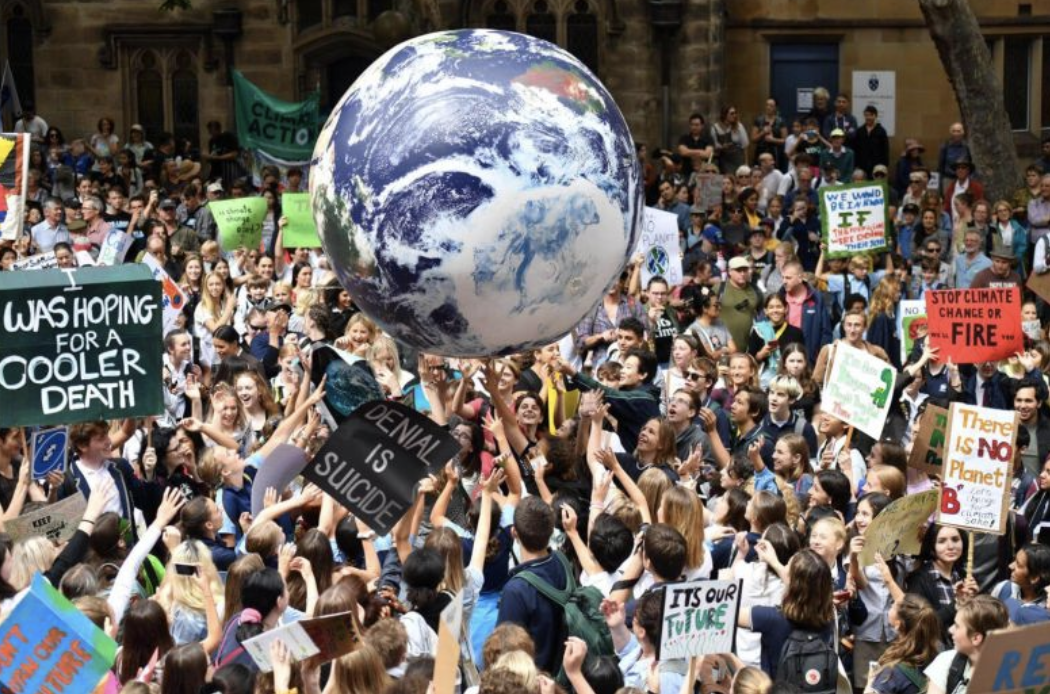NICOLE ALAVERDIAN WRITES – It is no secret that humans are amid a most severe environmental problem — global climate change. Ecological reports and scientific evidence point to the possibility of the “sixth great mass extinction” taking place.
Countries have suggested climate change guidelines: The Paris Climate Agreement, of course. targets this urgent crisis from a thorough top-down perspective. Governments of each country would be responsible for implementing policies for mitigating, greenhouse-gas-emissions, adaptation efforts-and most importantly, keeping the global temperature down.
All of these efforts are great, but The Paris Climate Agreement remains a non-binding resolution. Meaning, ultimately it is up to countries to implement suggestions and enact policies surrounding it. We can see how such suggested solutions, or even acknowledgment of this widespread problem, are not being absorbed or implemented by governing bodies, policymakers, or politicians. The lag can be witnessed all over the world, but in particular in Asia.
As election season is in full swing in multiple countries in Asia, many wonder when the issue of climate change will be addressed. According to several pre-election surveys, voters across Asia are more likely to vote for politicians with a strong stance on climate change. While sustainability efforts and environmental issues are on most politicians’ agendas, they seem to hold bottom tier as an issue to address right away.
As the Philippines election approaches, an estimated 6.3 million Filipinos are expected to head to the voting polls. This particular election is historical, with the highest number of Senate seats, 12, up for grabs. Many issues are well in focus, with the economy and inflation the main election issues getting the most attention. But with the Philippines one of the most coal-dependent economies in Southeast Asia, it is imperative to reduce this dependency.
The Indonesian election recently came and went, and with that, multiple reports, including reports from environmental NGO Greenpeace, stated “neither candidate has strong policies on environmental protection. Both are still pursuing extractive industries as the main sources of national income.” Projections estimate that Indonesia’s rainforest will disappear by 2020 if nothing is done to stop the destructive use and damage caused by palm oil and logging.
If international bodies such as the UN and local governments are failing to solve environmental issues alike, the answer now lies with the younger generation. As indicated in the recent election in India, young students protested on the street to urge their government to address various environmental issues and take a firm stance on climate change. This event was no one-off; we have seen student led-climate protests in 123 countries.


